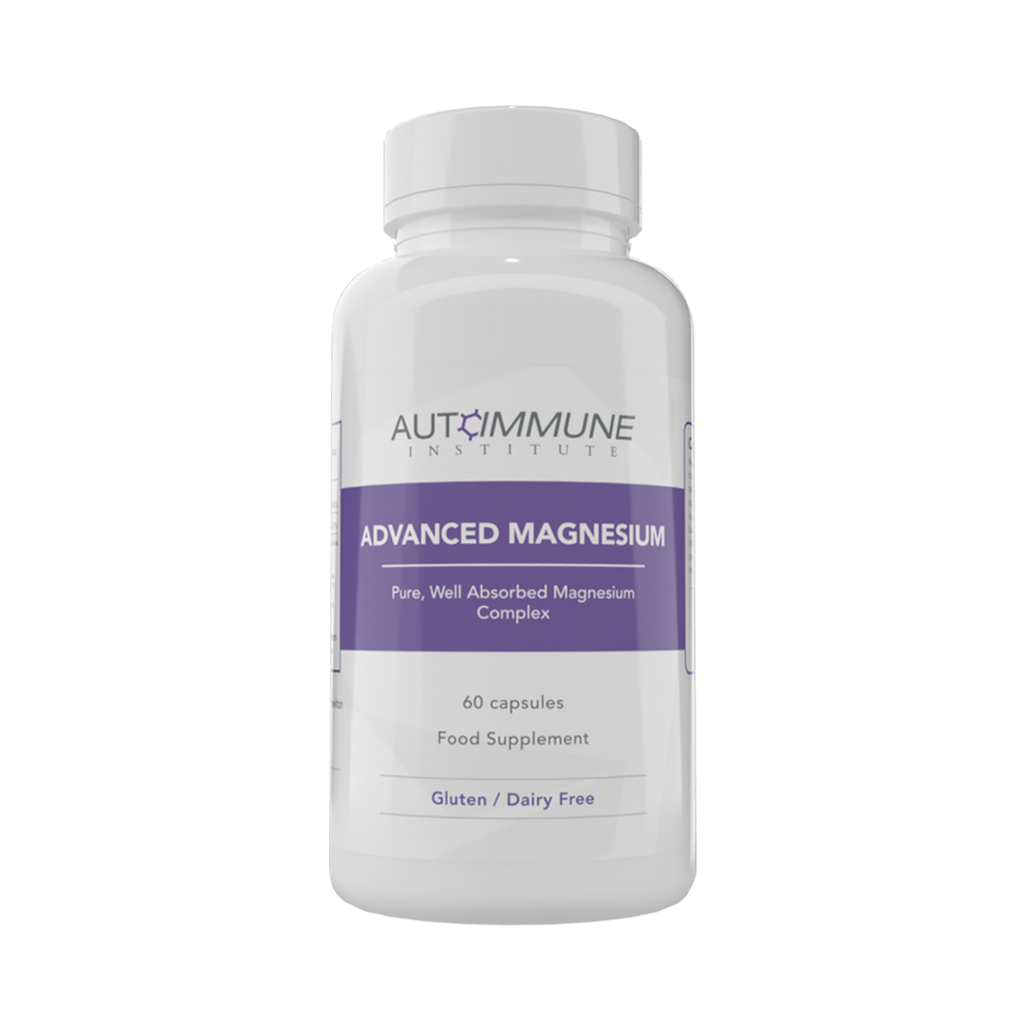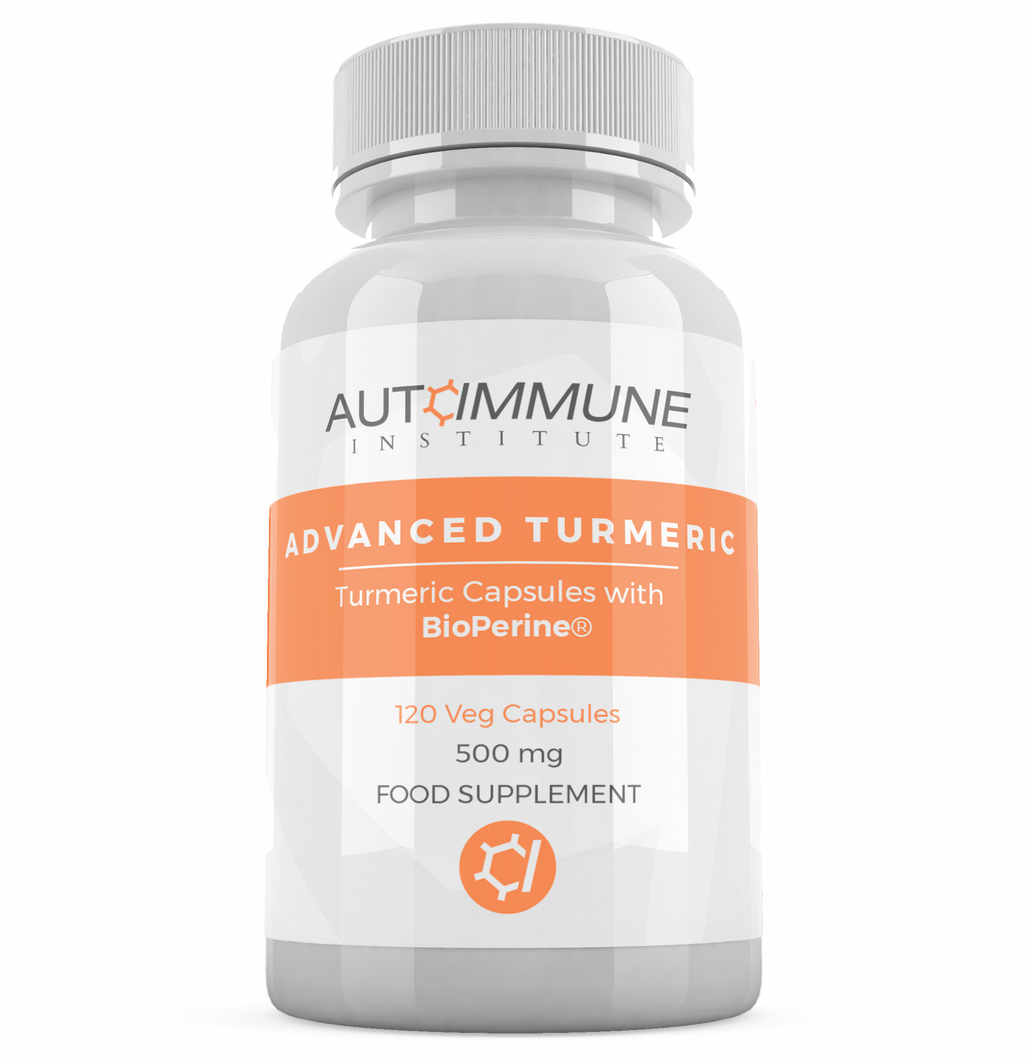- Health Solutions
- All Products
- Ultra Maca *NEW*
- Advanced Collagen V2
- Advanced D3 + K2
- Advanced Deep Sleep
- Advanced Digestives
- Advanced Fish Oil (Capsules)
- Advanced Glucosamine / Chondroitin Complex
- Advanced Lotus Spike Acupressure Mat
- Advanced Magnesium
- Advanced Multi
- Advanced Turmeric
- Advanced Vitality
- Prime FemFlow
- Pure BeeComplex
- Pure Bowel Relief
- Pure Flora V2
- Pure MetaBoost
- Pure Rest + Reset
- Ultra ProSupport
- Gift Cards
- Support
- Sign in
Protein is incredibly important to our health.,
In particular, it contributes to the maintenance of muscle mass and normal bones, and is needed for normal growth and development of bone in children.
The main sources of protein are from meat, fish and eggs.
But to help make it easier to get sufficient amounts in your diet, a protein powder can be a great option…
Protein powders are typically thought of as being only used by people who work out in the gym and want to build muscle.
But in reality they can be beneficial for everyone.
Personally, I see them as a quick, simple, convenient and often tasty way to help increase your protein intake, and are something I recommend to pretty much all of our private clients.
The most common types of protein powder on the market are whey. However, many people with chronic health conditions would instead benefit from a vegan protein such as our “Advanced Vegan Protein” – primarily because whey is a form of dairy and that can cause problems for many people.
Below we’ll do a quick comparison of whey proteins and vegan proteins to help you understand this area a bit more…
Taste
The downside with many vegan protein powders is that they can taste pretty poor, and have a quite grainy texture, especially when compared to whey which is generally much nicer.
And if they don’t taste bad, then normally that’s because they have a LOT of sugar or artificial sweeteners added to them to try and improve the taste.
This might be an area where I am slightly bias but I do, hand on heart, consider of Advanced Vegan Protein to be easily the best tasting vegan protein out there.
It comes in a chocolate banana flavour and its great.
BUT while its better than pretty much any vegan powder available, I certainly won’t claim its better tasting than ALL whey protein powders.
While some whey proteins can obviously taste pretty nasty, some can also taste great.
Amino Acids
There can be an argument from whey protein fans that whey provides a much wider range of amino acids than a typical vegan protein powder would.
Amino acids are like building blocks for our body, and we need a complete profile of amino acids in our diet to be as healthy as possible.
It is true that, in general, a whey protein will provide more in the way of amino acids but it will depend on the vegan protein used to determine by what extent that is.
With our blend of pea, hemp and rice for example, the difference is minor, but with just a rice protein or JUST a pea protein, for example, then it will be more profound.
However, with that said, that difference is from solely comparing protein powders, which I appreciate we are doing, but when those protein powders are used as part of a complete, balanced diet, that consists of good amounts of protein from food sources as well, then this difference in amino acids is less important, and the powders can just be used to increase protein intake.
Consuming more amino acids than your body really needs wont suddenly make you much healthier.
Therefore, I personally would think about it as using protein powders to help you meet your daily protein requirements as part of a complete, balanced diet. When that’s done, the amino acid argument is largely irrelevant in the scheme of things.
Digestive Problems and Intolerances
One big area where I do think vegan protein normally comes out on top, and the reason that we sell one to our customers, is that whey protein can often cause people some digestive discomfort.
It’s certainly not uncommon to experience a lot of gas or wind after drinking a whey protein powder.
That can be for many reasons – poor quality ingredients being one - but also because of the fact that many people simply don’t do very well with dairy and don’t digest it as effectively as they need to.
For some, this can lead to a range of symptoms.
It’s also worth being mindful of the fact that it is possible to build up a sensitivity to something if you consume it too often and that’s especially the case with animal-based products. Therefore, even if you can drink a whey protein, you don’t want to have it too often, and incorporating a vegan protein into your diet too can be beneficial.
Ingredients
Finally its worth noting that when it comes to choosing a protein powder, it’s not just a question of whey vs. vegan, and not is it just a question of how it tastes.
You do also have to consider the ingredients.
For example, I know that certain brands of protein will leave me very gassy, whereas some others won’t, simply because the quality of their ingredients is much different.
The same can be said of vegan proteins; one thing you need to watch out for there is the addition of sugar, artificial sweeteners or soy – all of which can cause issues for a lot of people.
So whatever one you go for, have a good read of the ingredients first.
If you want to find out more about our vegan protein then just click here and of course if any questions just let us know!
Follow
* Results Not Typical. All discussion about results on this website are based on individual findings where each circumstance is completely unique and may not be similar or the same as you. These products are not intended to diagnose, treat, cure or prevent any disease. The information on this Web site or in emails is designed for educational purposes only. It is not intended to be a substitute for informed medical advice or care. You should not use this information to diagnose or treat any health problems or illnesses without consulting your doctor.- Products
- Search
- Contact
- Privacy Policy
- Website Terms
- Wholesale
- Ambassador Programme
- Login
- Shipping & Return Policy
© 2025 Autoimmune Institute.
71-75 Shelton Street Covent Garden, London WC2H 9JQ United Kingdom. Wellness Autoimmune Ltd. All rights reserved.





